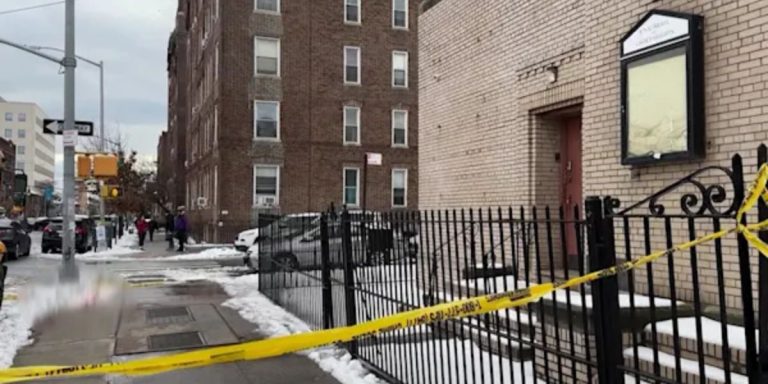In a move sparking heated debates and concerns over potential violations of free speech, a Florida House panel has approved a bill that could impose financial penalties on state university and college students allegedly backing “foreign terrorist” organizations. The House Postsecondary Education & Workforce Subcommittee voted 11-4 in favor of the bill (HB 465), sponsored by Rep. John Temple, R-Wildwood, after a lengthy debate and testimony from Florida State University students.
The proposed legislation aims to penalize students who are deemed to “promote a foreign terrorist organization.” The bill suggests punitive measures, including requiring such students to pay out-of-state tuition rates, which are typically higher than in-state rates. Additionally, affected students may lose eligibility for state grants, financial aid, or tuition assistance.
The bill provides a definition for foreign terrorist organizations, including entities such as “Hamas and Palestine Islamic Jihad.” Notably, the bill does not clearly define the term “promotes,” leaving room for interpretation and raising concerns among opponents.
The backdrop for this legislation is the ongoing conflict between Israel and Hamas, with campus debates and protests becoming widespread. The bill sponsor, Rep. John Temple, asserted that the legislation aims to ensure safety on Florida campuses. He stated, “This bill is to make sure that people feel safe and respected on their campus, and I can’t say that we have that right now.”

Read more:
- Dangerous icy road conditions prompt extended closures for East Tennessee schools, including Knox County
- Racist label for voucher programs sparks controversy in education
- School Experts Unhappy with Hochul’s Budget Plan, According to Education Insider
- New NJ Law: Student Mental Health Monitoring Now Mandatory in NJ Schools.
However, opponents argue that the proposed legislation raises significant First Amendment concerns. Critics repeatedly questioned the lack of a clear definition for the term “promotes” and expressed worries that the bill could infringe on students’ freedom of speech. Rep. Anna Eskamani, D-Orlando, highlighted the potential for individuals advocating for peace to be wrongly penalized, emphasizing that supporting peace does not equate to endorsing terrorism.
The lack of clarity in the bill regarding what constitutes “promotion” and the potential for subjective interpretation have become focal points of contention. Critics contend that the bill may lead to arbitrary judgments, potentially stifling legitimate expressions of differing political views and opinions on complex geopolitical issues.
As the legislative process unfolds, concerns over the potential violation of free speech rights persist. The Senate version of the bill (SB 470) has yet to be heard as the third week of the 60-day legislative session comes to a close. The outcome of this proposed legislation will likely have implications not only for Florida’s academic institutions but also for the broader debate surrounding the intersection of free speech, political expression, and the complex realities of international conflicts on university campuses.




























+ There are no comments
Add yours